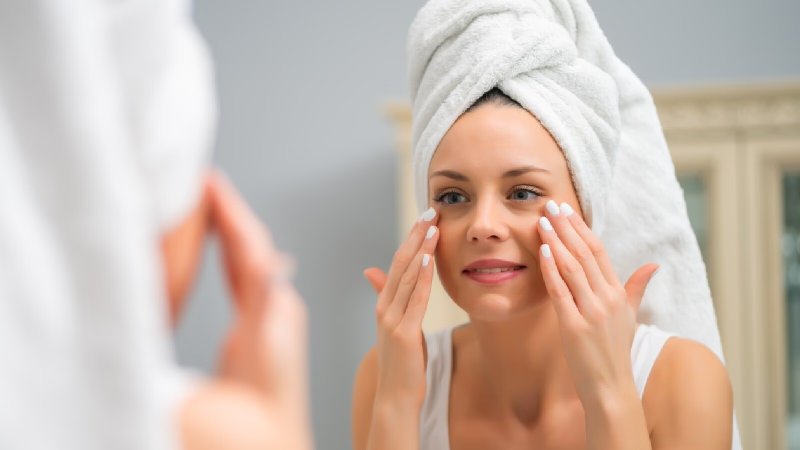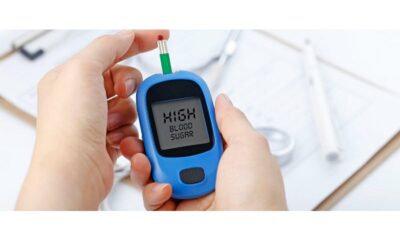Managing diabetes requires a holistic approach to health, which includes taking special care of your skin. High blood sugar levels can affect the skin in various ways, making proper skincare essential for diabetics. This guide provides tips to help maintain radiant and healthy skin while managing diabetes.
1. Understand the Impact of Diabetes on Skin Health:
- Dry Skin: High blood sugar levels can lead to dehydration, causing the skin to become dry and cracked.
- Infections: Diabetics are more susceptible to bacterial and fungal infections due to a compromised immune system.
- Poor Circulation: Diabetes can impair blood flow, particularly to extremities, which can affect skin health and healing.
2. Hydration is Key:
- Drink Water: Stay well-hydrated by drinking plenty of water throughout the day.
- Moisturize Regularly: Use a fragrance-free, hypoallergenic moisturizer to keep skin hydrated. Apply it immediately after bathing to lock in moisture.
- Humidify: Consider using a humidifier in your home to maintain moisture in the air, especially during dry seasons.
3. Maintain Proper Hygiene:
- Gentle Cleansing: Use mild, fragrance-free soaps and avoid hot water, which can further dry out the skin.
- Pat Dry: After washing, gently pat your skin dry with a soft towel instead of rubbing.
4. Monitor Blood Sugar Levels:
- Keeping your blood sugar levels within the target range can prevent many skin-related complications. Regular monitoring and proper medication adherence are crucial.
5. Protect Your Skin:
- Sun Protection: Use a broad-spectrum sunscreen with at least SPF 30 to protect your skin from harmful UV rays.
- Avoid Harsh Products: Steer clear of products with alcohol, artificial fragrances, and dyes that can irritate the skin.
6. Foot Care is Crucial:
- Daily Inspection: Check your feet daily for cuts, blisters, or sores. Poor circulation and neuropathy can prevent you from feeling injuries.
- Proper Footwear: Wear well-fitting shoes and socks to prevent blisters and ulcers.
- Regular Pedicures: Ensure your toenails are trimmed and clean. Consider professional care if you have difficulty doing it yourself.
7. Healthy Diet:
- Nutrient-Rich Foods: Incorporate foods rich in vitamins A, C, and E, which are beneficial for skin health.
- Omega-3 Fatty Acids: Include sources of omega-3 fatty acids like fish, flaxseeds, and walnuts to promote skin hydration and reduce inflammation.
8. Regular Check-ups:
- Dermatologist Visits: Regularly visit a dermatologist to address any skin concerns promptly.
- Foot Specialist: Schedule regular visits with a podiatrist to ensure your feet are healthy and free from complications.
9. Stay Active:
Regular exercise improves circulation and overall skin health. Aim for at least 30 minutes of moderate activity most days of the week.
10. Stress Management:
Stress can negatively impact your skin and blood sugar levels. Practice relaxation techniques such as yoga, meditation, or deep-breathing exercises.
Conclusion:
Maintaining radiant and healthy skin while managing diabetes involves a combination of proper skincare, hydration, nutrition, and regular medical check-ups. By following these tips, diabetics can enjoy healthy skin and overall well-being.

 Diabetology2 weeks ago
Diabetology2 weeks ago
 Diabetology2 weeks ago
Diabetology2 weeks ago
 Diabetology6 days ago
Diabetology6 days ago
 Diabetology5 days ago
Diabetology5 days ago
 Diabetology5 days ago
Diabetology5 days ago
 Diabetology4 days ago
Diabetology4 days ago
 Diabetology2 days ago
Diabetology2 days ago
 Diabetology2 days ago
Diabetology2 days ago











